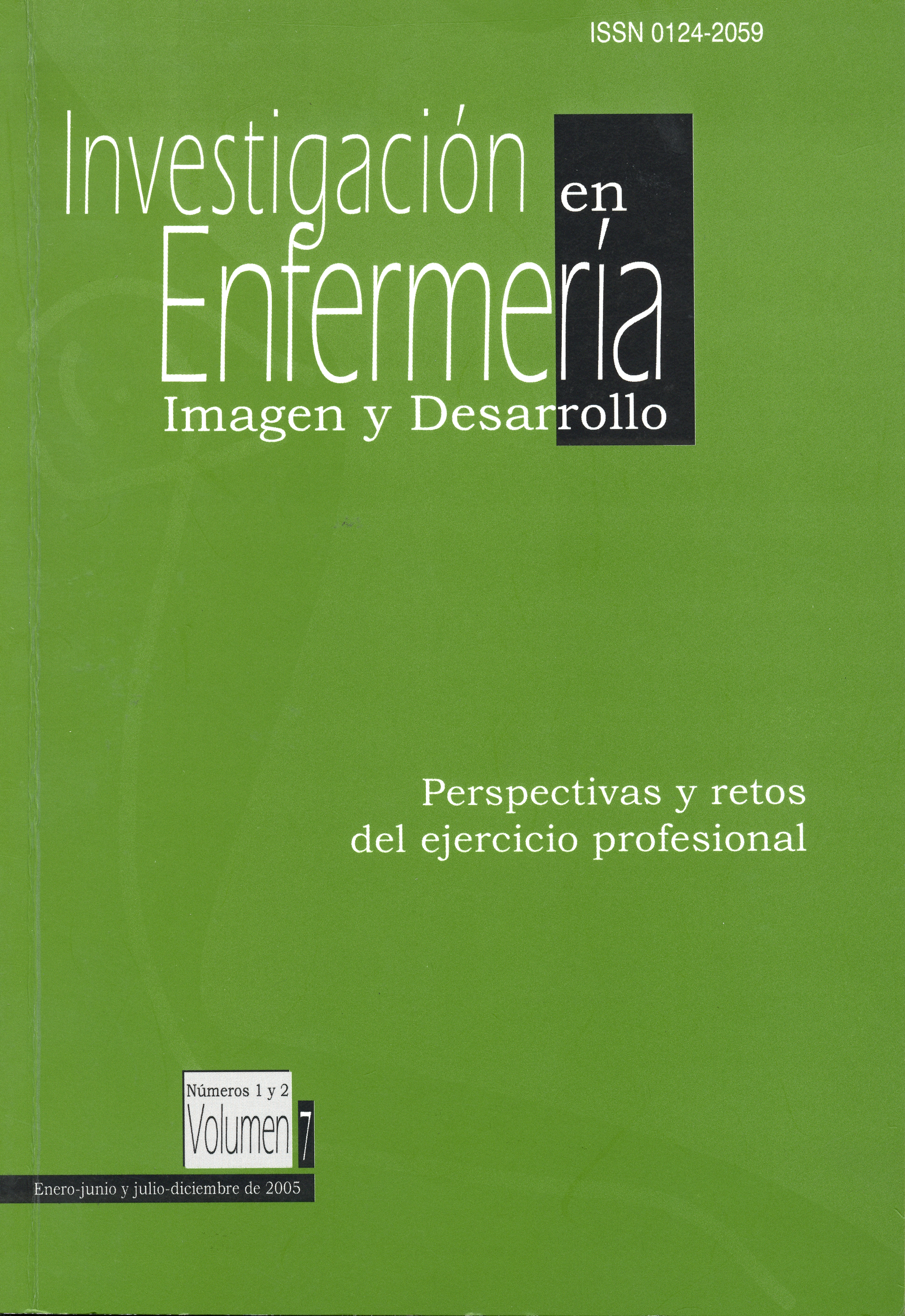Abstract
Presently article some aspects of the physiology are analyzed and of the behavior of the alive beings particularly of the human, subordinated to the conditions of the terrestrial atmosphere of where they arose and managed by their biological clocks. These mechanisms haver been studied mainly through the rhythms circadianos, which generally have a rhythm of 24 hours and they are involved in processes so diverse and important as the breathing, the heart frequency, the fluctuatuions of the corporal temperature, of the arterial pressure, of the concentration of leukocytes in te blood, the synthesis of diverse hormones, the tolerance to the pain, to the alcohol, to the cold and even the most probable hour of being born and of dying naturally. These rhythms have importance in fields like the doctor, in the one which, not taking them into account can lead to diagnosis errors and therapy, especially in cases of inmunosupresion and in chemotherapy of the cancer. Possibly the cronofarmacologia and in general the determination of the patient's cronobiologìa will be so routine in the future, as the laboratory exams or the clinical history. Another recurrent process analyzed in the article is that of the dream. The man, especially in the modernity, for cultural requirements and technological readiness, helshe carries out activities that break the balance between their half internal one and the externa one, producing alterations in their rhythms circadianos and of the dream, with important repercussions in their state of health that you/they go from be "jet lag" of the travelers, until more important alterations in their physical and mental health and in their emotional state.
The journal Investigación en Enfermería: Imagen y Desarrollo is registered under a Creative Commons Attribution 4.0 International Public License. Thus, this work may be reproduced, distributed, and publicly shared in digital format, as long as the names of the authors and Pontificia Universidad Javeriana are acknowledged. Others are allowed to quote, adapt, transform, auto-archive, republish, and create based on this material, for any purpose (even commercial ones), provided the authorship is duly acknowledged, a link to the original work is provided, and it is specified if changes have been made. Pontificia Universidad Javeriana does not hold the rights of published works and the authors are solely responsible for the contents of their works; they keep the moral, intellectual, privacy, and publicity rights.
Approving the intervention of the work (review, copy-editing, translation, layout) and the following outreach, are granted through an use license and not through an assignment of rights. This means the journal and Pontificia Universidad Javeriana cannot be held responsible for any ethical malpractice by the authors. As a consequence of the protection granted by the use license, the journal is not required to publish recantations or modify information already published, unless the errata stems from the editorial management process. Publishing contents in this journal does not generate royalties for contributors.


